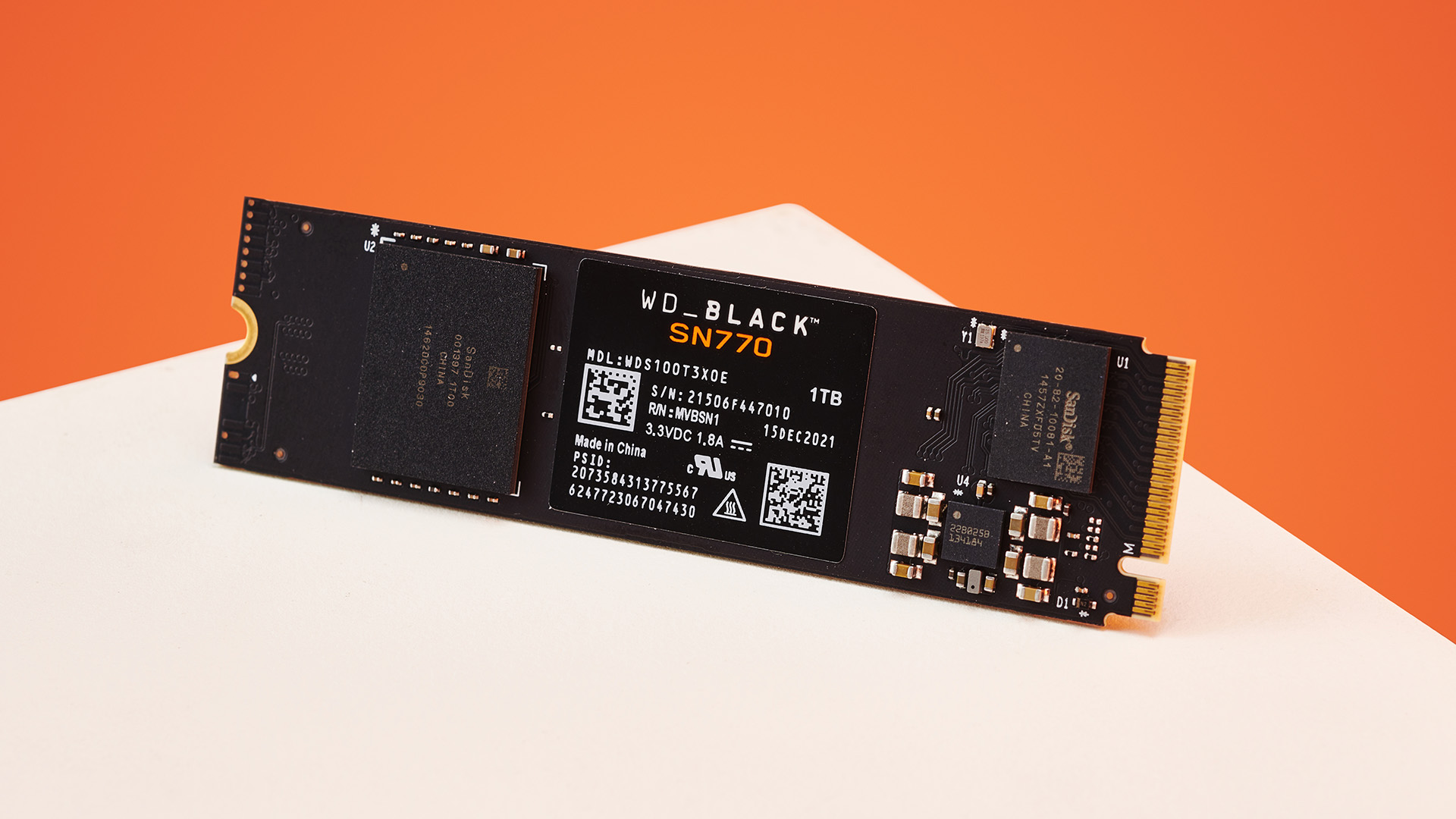
We've reached a critical juncture in gaming, one which sees hard drives as simply no longer recommended or, in Starfield's case, not at all supported by modern games. In their stead are solid-state drives—faster, more efficient, and generally more reliable forms of storage for your machine.
You're likely reading that and thinking, 'Well, yeah, of course. I moved to an SSD for my boot drive years ago.' But our Jorge ran a Twitter poll of PC Gamer readers and found that a good deal still run a HDD inside their machine, around 15% of respondents, and a smaller amount let us know that they were using an HDD as their primary boot drive.
A hard drive, hard disk, or spinning platter inside your machine can be a useful thing—there's still a case to be made for HDDs as capacious drives for cold storage and archival data. I certainly have a few loaded with old videos from my days making YouTube videos that I refuse to delete. Yet for a boot drive, the SSD is now king, and it's almost a complete wash in favour of the speedier storage format.
The case against HDDs is becoming more convincing by the year. In the first instance, HDDs can no longer claim a price advantage over SSDs when it comes to lower capacities up to around 1TB.
A 1TB WD_Black Performance HDD: $48.
A 1TB WD_Black SN770 NVMe SSD: $49.
And we're talking night and day for speeds and feeds here. That HDD will run at up to 150MB/s, and that's best case scenario, whereas the SN770 manages almost 35x that, at 5,150MB/s sequential read. That's not even close to the fastest NVMe SSD today, either. A PCIe 5.0 SSD could reach as fast as 12,000MB/s seq. read. In realer terms, an SSD will be most dominant in 4K random access, easily outstripping an HDD by many magnitudes.
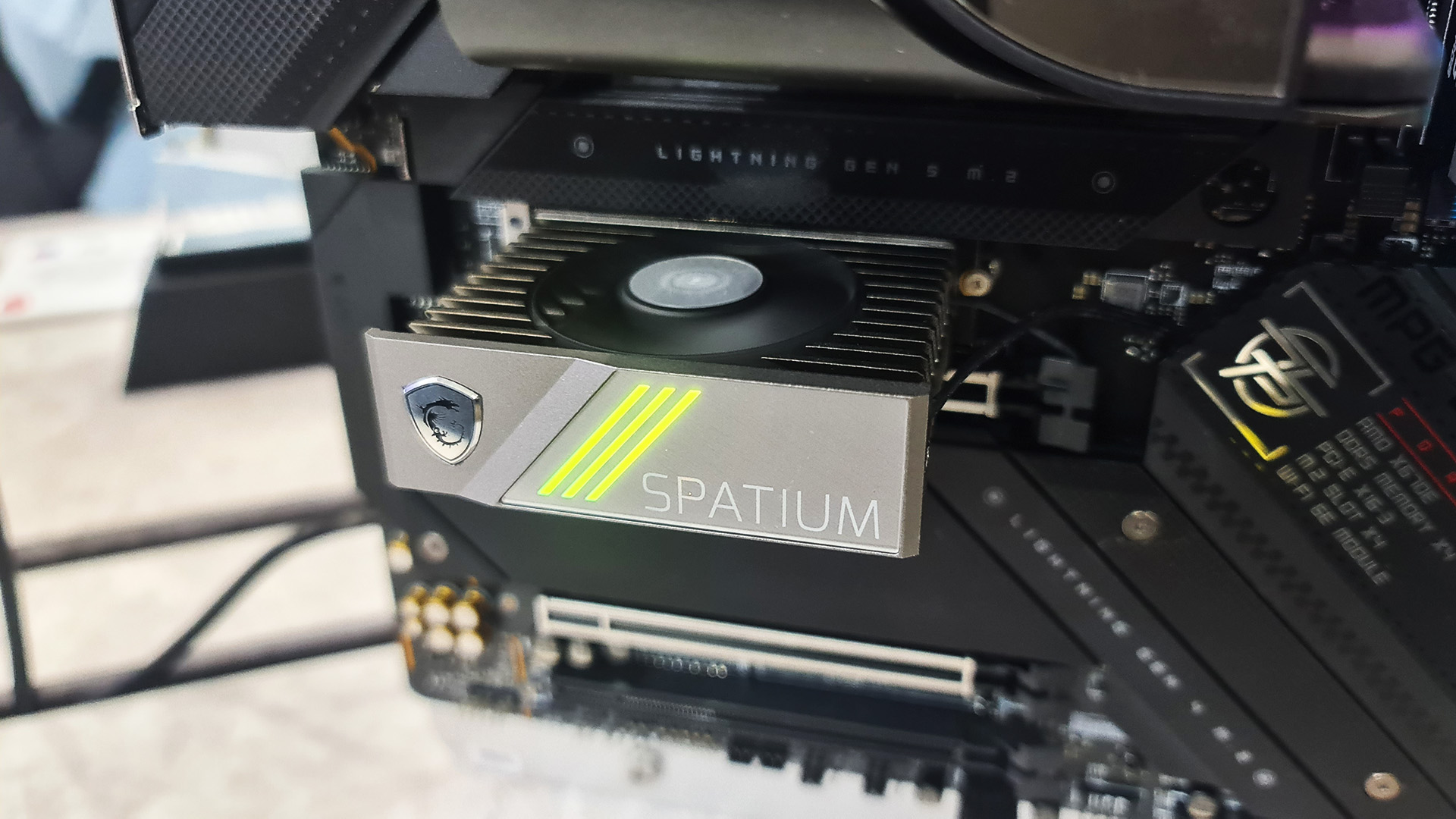
Above a 1TB capacity and for cheaper, slower hard drives such as those intended for CCTV always-on applications, you can still today see a cash benefit to buying a HDD. They're undoubtedly cheaper, most of all when over 4TB. Yet there's a very good case to be made against buying a singular massive HDD and running everything off it.
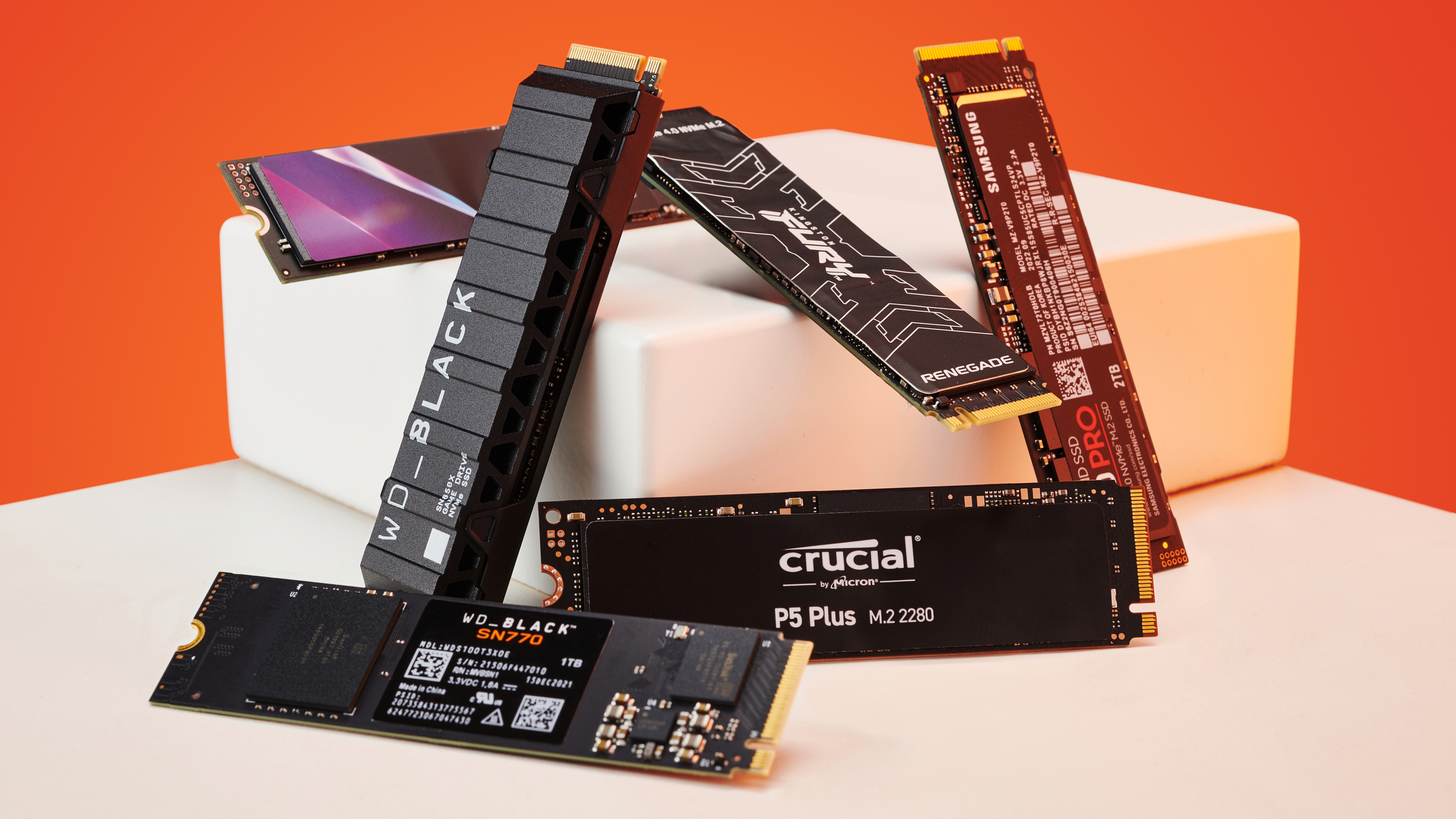
We've found heaps of cheap SSD deals and there are more Prime Day SSD deals on the way.
Gaming in general is moving away from HDDs. On the one side, you have cheaper drives spurring PC gamers and manufacturers to ditch the HDD even on the cheapest machines in favour of solid state. Yet there's more to it than that, and it's also because of our console cousins.
Microsoft and Sony have both ditched HDDs in favour of NVMe SSDs in their latest generations of consoles. In a bid to further optimise and more cleverly extract performance from their bare silicon, both companies have decided to utilise the much speedier NVMe protocol for storage access, alongside clever decompression hardware that's yet to drop on the desktop.
That means SATA, the presiding protocol for many years for both PC and console, and which is in charge of accessing data for both HDDs and most consumer-grade 2.5-inch SSDs, is already on its way out.
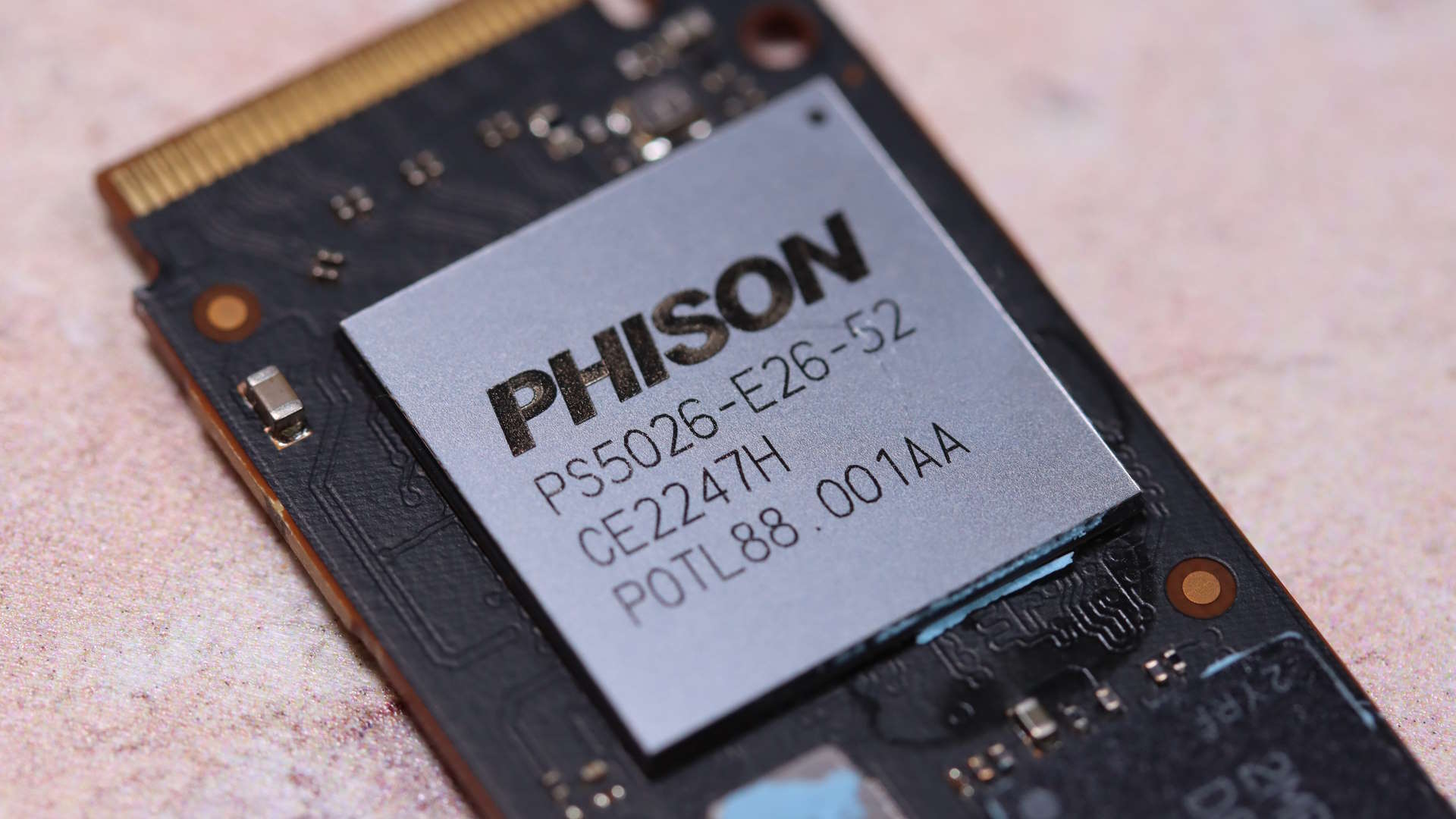
For developers of games exclusively designed for the current generation of consoles, that means no time has to be wasted on programming for SATA drives and more time spent elsewhere. Faster access to assets can also mean bigger, more beautiful worlds, and that's where the switch to SSDs really comes into play on PC.
There are a few developments to keep an eye on for improvements in access to data in games. The first, and most obviously important, is DirectStorage.
DirectStorage is a technology specifically designed to reduce the load on a CPU in the process of loading an asset from storage while playing a game. Be that a character model, complex texture, etc., DirectStorage is designed to better utilise speedy drives, namely those using the newer NVMe protocol, and reduce utilisation on a CPU to avoid a bottleneck—a roadblock preventing your PC from delivering top performance.
Running your machine primarily from a slower drive won't only make for excruciatingly long loading times, it'll one day actually make your games look worse.
While DirectStorage works to accelerate any form of storage, it's specifically designed to work best with NVMe SSDs.
"While you may see benefits on any kind of storage device, installing games to an NVMe SSD will maximize your IO performance and help you more fully experience the benefits of DirectStorage," Microsoft's Cassie Hoef said of DirectStorage back in 2022.
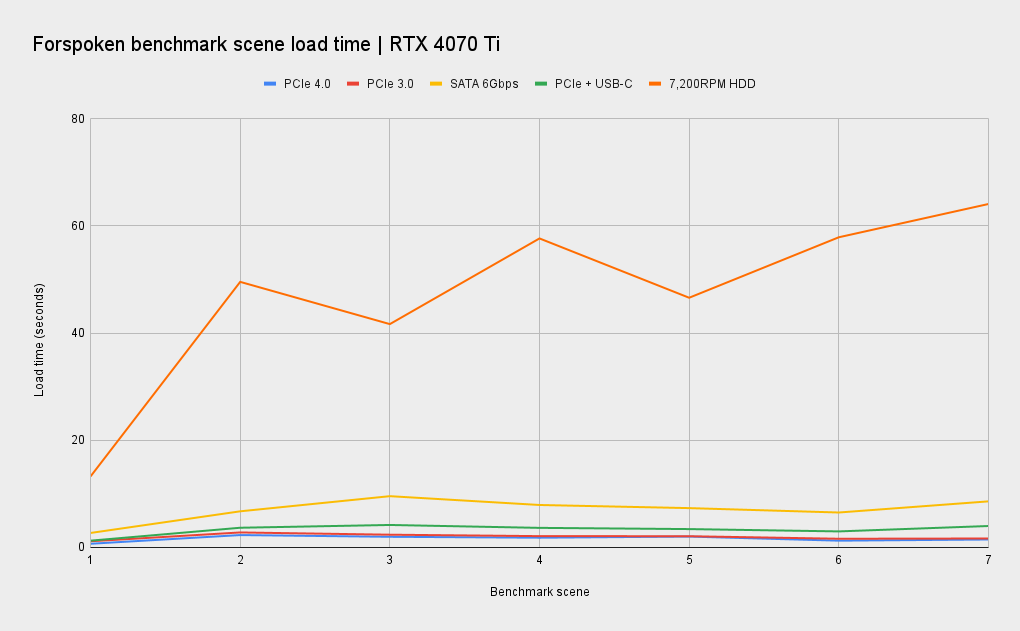
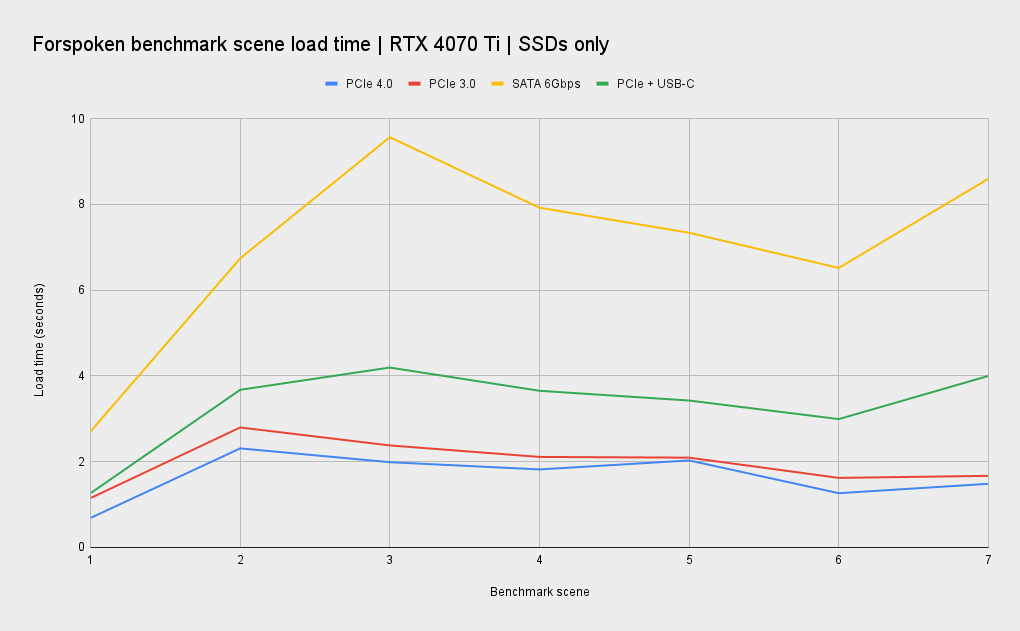
DirectStorage is only in one PC game as of June 23, 2023: Forspoken. That's not a particularly convincing reason to ditch the HDD just yet, but more games are coming. We've just confirmed that Diablo 4 will have DirectStorage support in the future, and it wouldn't be surprising to see it in many more demanding titles from later this year, perhaps also Starfield, explaining why that game currently demands an SSD in order to play.
I think you can ignore DirectStorage and still run off an HDD for a while yet—even if you'd have to come to terms with longer load time, at the very least. However, the way in which games are built, and how asset streaming in engines works, is changing, and this isn't a future in which HDDs really gel for much longer.
Unreal Engine 5 will rely much more heavily on fast storage than previous versions of the extremely popular game engine. It will better utilise the speed offered by high-end NVMe SSDs to offer detail far exceeding what's possible on a slower hard drive. Notably,
UE5 won't demand SSDs as a minimum requirement. The engine is designed to be scalable to different hardware configurations. Though that will be up to developers, and running off an HDD "would just be a lot lower detail," said Epic Games CEO Tim Sweeney.
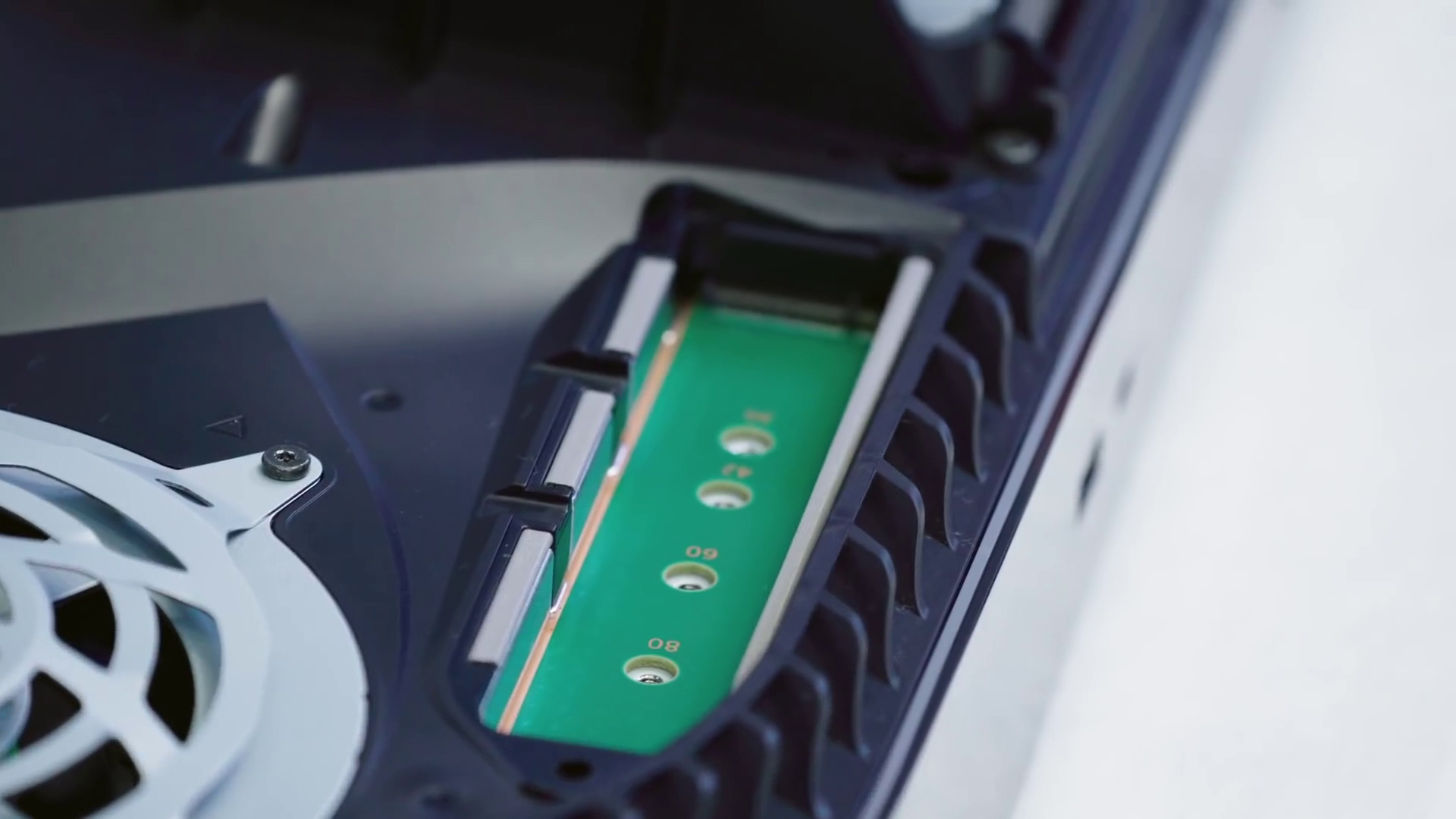
Though DirectStorage and UE5 won't explicitly kill off the hard drive, they make having an SSD so much more valuable than even today. Once these changes take wider hold in games, running your machine primarily from a slower drive won't only make for excruciatingly long loading times, it'll one day actually make your games look worse.
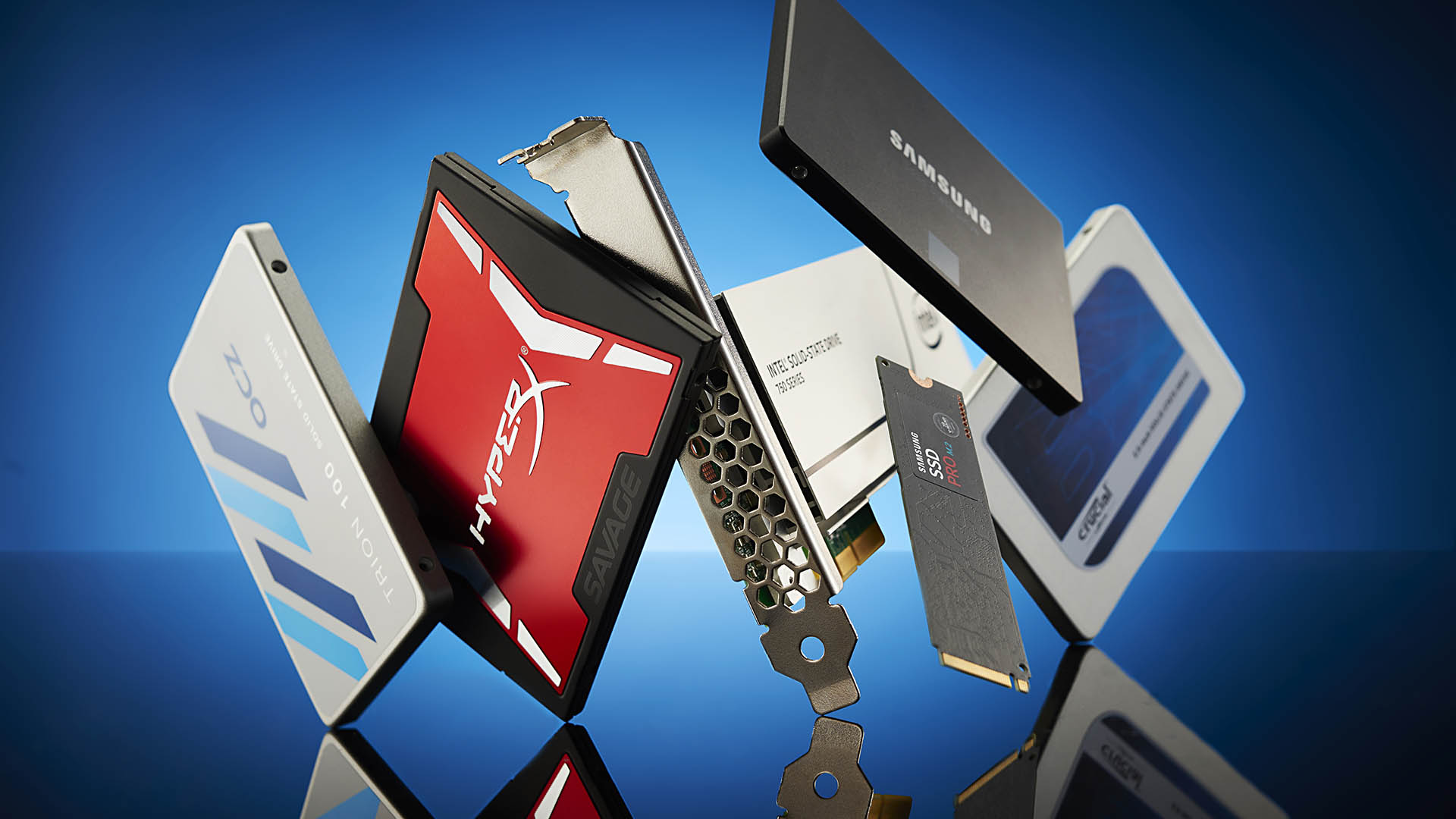
Best SSD for gaming: the best solid state drives around
Best PCIe 4.0 SSD for gaming: the next gen has landed
The best NVMe SSD: this slivers of SSD goodness
Best external hard drives: expand your horizons
Best external SSDs: plug in upgrades for gaming laptops and consoles
And I won't deny an opportunity to talk up the 'traditional' benefits of an NVMe drive. On top of these new-fangled, sometimes far-away feeling technologies, there are very tangible benefits to running your PC off an SSD right now. A snappier feeling desktop, shorter load times in games, quicker file transfers, and perfectly silent operation, though SSDs are generally less likely to break for their lack of moving parts, too.
Maybe it's about time we took that plunge into an all-SSD future. I won't deny there's a money issue, and I don't care to say that games should set an SSD as a minimum requirement when it could risk locking some out of playing. But when the key to a much improved experience, from browsing your desktop to playing the latest games in full excruciating detail, is as affordable and accessible as a $26 SSD—or as little as $20 for a SATA drive if you don't have an NVMe slot—I do think you should do yourself the favour of upgrading to an SSD in 2023.







